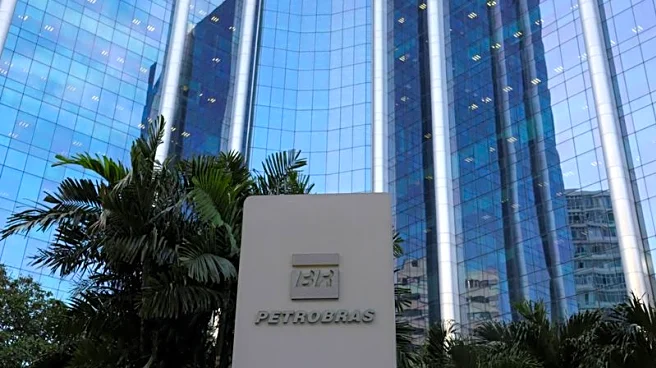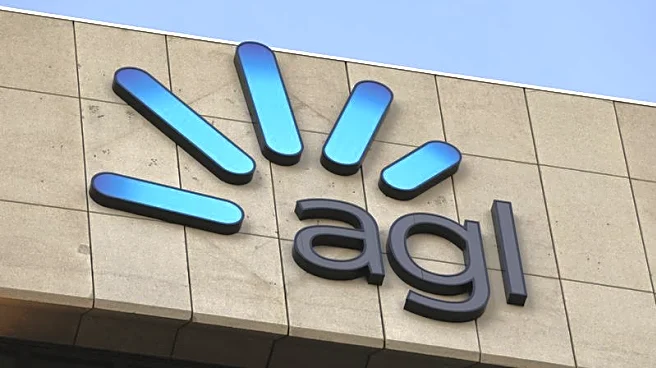What's Happening?
GAC Group, a major player in the Chinese automotive industry, is undergoing significant strategic changes as it faces financial challenges. The company reported a net loss of 2.538 billion yuan in the first
half of the year, with a 12.48% decrease in automobile sales year-on-year. In response, GAC has launched a three-year 'Panyu Action' plan aimed at stabilizing joint ventures, strengthening self-owned brands, and expanding its ecosystem. The company is also collaborating with JD.com and CATL to introduce a new battery-swapping vehicle model, which is expected to be sold exclusively on JD.com during the 'Double 11' event. Despite these efforts, GAC's sales have been declining, with only GAC Toyota showing a slight increase.
Why It's Important?
The financial struggles and strategic shifts at GAC Group highlight the broader challenges facing the automotive industry, particularly in China. As the market becomes increasingly competitive, traditional automakers like GAC must innovate and adapt to changing consumer demands and technological advancements. The company's focus on self-owned brands and new energy vehicles reflects a strategic pivot towards sustainability and innovation. This transformation is crucial not only for GAC's survival but also for maintaining its competitive edge in a rapidly evolving market. The outcome of GAC's efforts could influence industry trends and set a precedent for other automakers facing similar challenges.
What's Next?
GAC Group's ongoing transformation will likely continue to unfold over the next few years. The success of the 'Panyu Action' plan and collaborations with companies like JD.com and Huawei will be critical in determining the company's future trajectory. Stakeholders will be watching closely to see if GAC can reverse its financial losses and achieve its goal of increasing the sales of self-owned brands to more than 60% of total sales by 2027. The company's ability to innovate and adapt to market demands will be key to its long-term success.
Beyond the Headlines
GAC's strategic transformation raises important questions about the future of the automotive industry, particularly in terms of sustainability and technological innovation. The company's focus on new energy vehicles and partnerships with tech companies like Huawei suggest a shift towards more integrated and technologically advanced automotive solutions. This could lead to broader industry changes, including increased competition in the electric vehicle market and a reevaluation of traditional business models. The success or failure of GAC's efforts could have significant implications for the global automotive industry.











